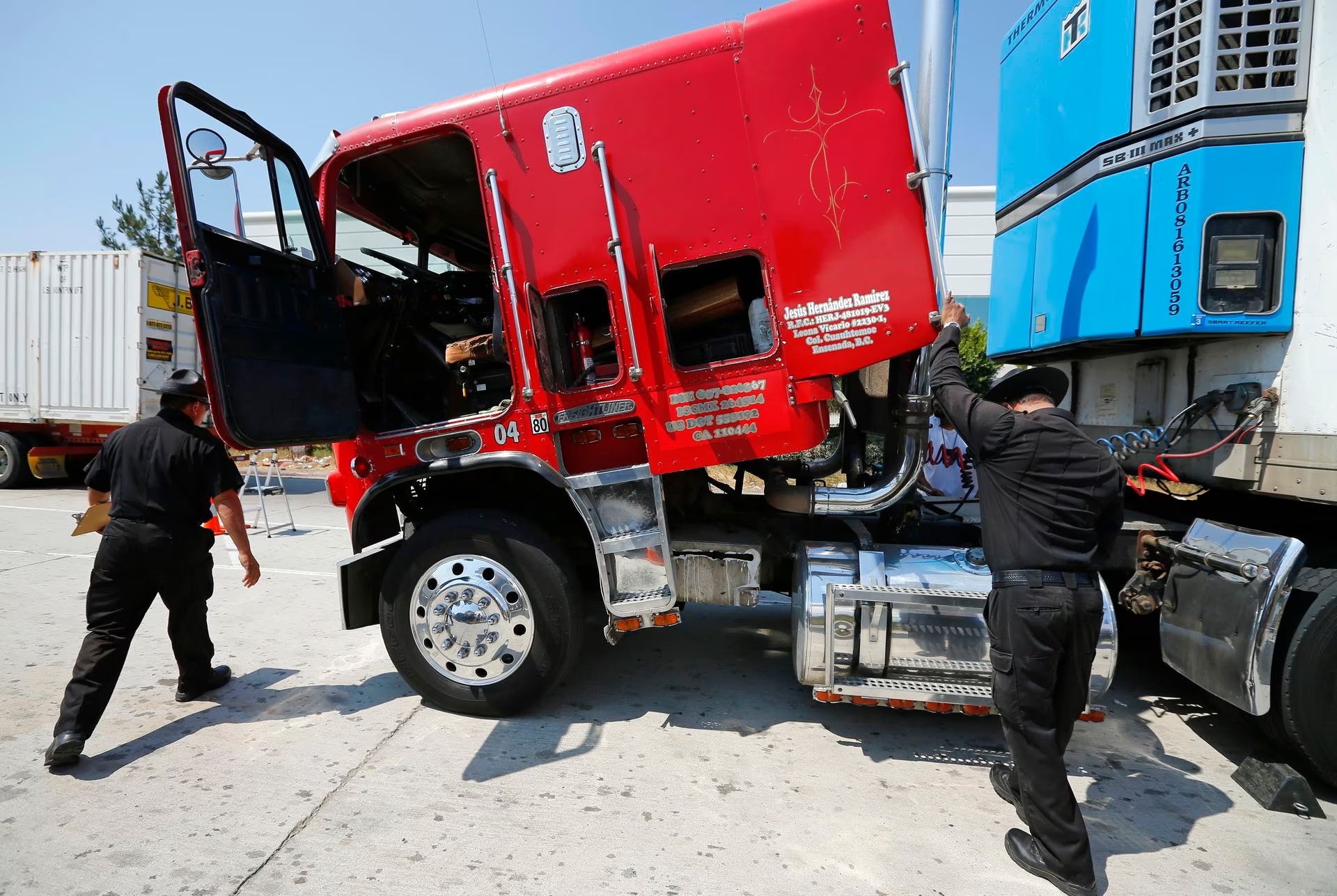WASHINGTON, June 6 (Reuters) – A group of 19 Republican state attorneys general, oil industry, farming and truck driver groups said Tuesday they had filed legal challenges to the Biden administration decision approving California’s plans to require a rising number of zero-emission heavy-duty trucks as the state pushes to cut pollution.
The Environmental Protection Agency (EPA) in March approved a pair of waivers under the Clean Air Act sought by California to set heavy-duty vehicle and engine emission standards.
The states led by Iowa filed a petition on Monday in the U.S. Court of Appeals for the District of Columbia challenging the decisions. Similar challenges were filed by the Owner-Operator Independent Drivers Association, the American Petroleum Institute, the Illinois Soybean Association, the National Association of Convenience Stores and Diamond Alternative Energy, a unit of Valero (VLO.N), and other groups.
California Governor Gavin Newsom in March said the EPA waivers would allow the state to require half of all heavy-duty trucks sold in the state be electric by 2035.
California plans to mandate by 2045 that all operations of medium- and heavy-duty vehicles be zero emission where feasible, shifting away from diesel-powered trucks.
Iowa Attorney General Brenna Bird said California’s rules will “devastate the demand for liquid fuels, such as biodiesel.” The states argue California’s rules violate federal laws and the Clean Air Act that generally pre-empts states from acting.
The EPA declined to comment.
California has been joined by Massachusetts, New Jersey, New York, Oregon, Washington and Vermont in adopting the rules.
Last month, the U.S. House of Representatives voted to overturn EPA rules that aim to drastically cut smog- and soot-forming emissions from heavy-duty trucks.
The White House said President Joe Biden would veto the measure after it was passed earlier by the Senate.
Republicans argue the new rules, finalized in December, are challenging to implement, will increase supply chain costs and will make trucks too expensive for small business owners.
The standards tighten yearly emissions limits, the first update to clean air standards for heavy duty trucks in more than two decades, and are 80% more stringent than current standards.
The EPA estimates by 2045, the rule will result in up to 2,900 fewer premature deaths annually, 1.1 million fewer lost school days for children and $29 billion in annual net benefits.
The EPA in April proposed new pollution cuts for larger vehicles, estimating 50% of vehicles like buses and garbage trucks could be EVs by 2032, along with 35% of new short-haul freight tractors and 25% of new long-haul freight tractors.









